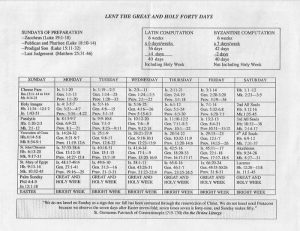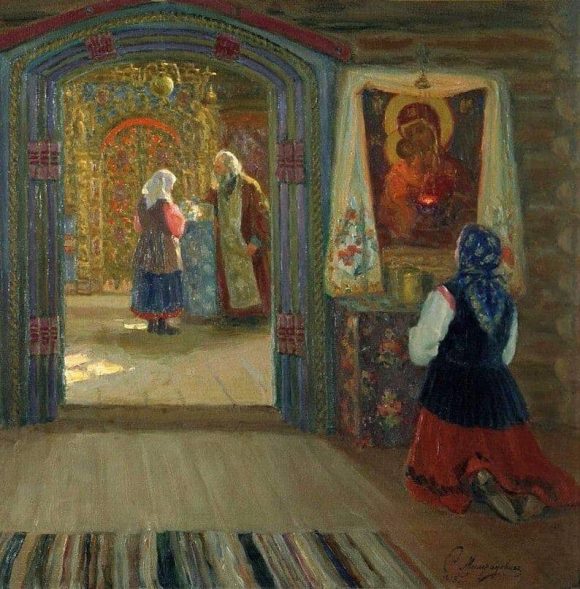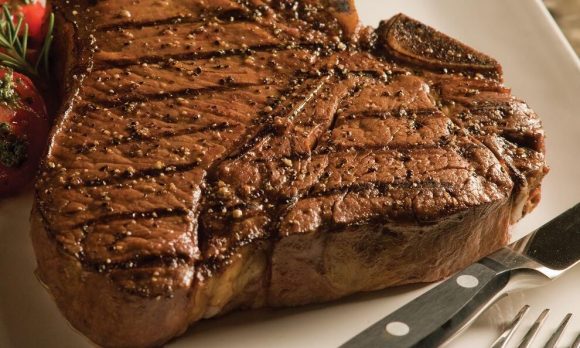Friday evening we sing, “Having completed the forty days to the profit of our souls.” What profit, indeed, should we have earned from the holy and great forty-day fast? The virtue of humility should be first. We have learned that no matter how much we fast, no matter how much we pray, no matter how much we give to the poor, it is not enough to redeem us. As finite being, we cannot “earn merit” with the infinite God.
So TODAY it all changes. Christ takes control of our lives. When his friend Lazarus dies, Jesus comes to raise him from the dead. In a flash of lightning, in a thunderclap, all at once the Lord destroys the power of death. We understand this not only in regard to physical death, but also to our spiritual death. The two have meaning for one another. So at Matins, we chant, “You raised Lazarus by your divine word, O Christ; I have been put to death by my many faults; I beseech you to also raise me up.”
The stench that would come from a four-day dead body is not mentioned lightly, we must also deal with the stench of our evil passions, our sins and our failures. However, we see today what is the greatest profit of all – to be friends with God. “You are my friends if you do what I command you. I no longer call you slaves, because a slave does not know what his master is doing. I have called you friends, because I have told you everything I have heard from my Father. (John 15:14-15)”
There can be no greater blessing than to be a friend of Jesus, our Lord and Savior and God.
“O Christ, the joy of all, the Truth, the Light, the Life, the Resurrection of the world, has appeared to those on earth because of his goodness. He became the pattern of our resurrection, granting divine forgiveness to all.
(Kontakion, Lazarus Saturday).”
Meditation by Archpriest David Petras
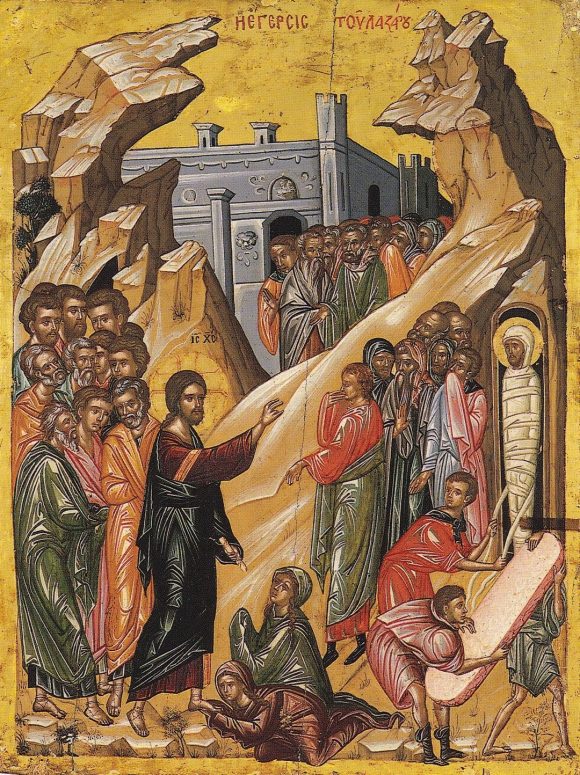
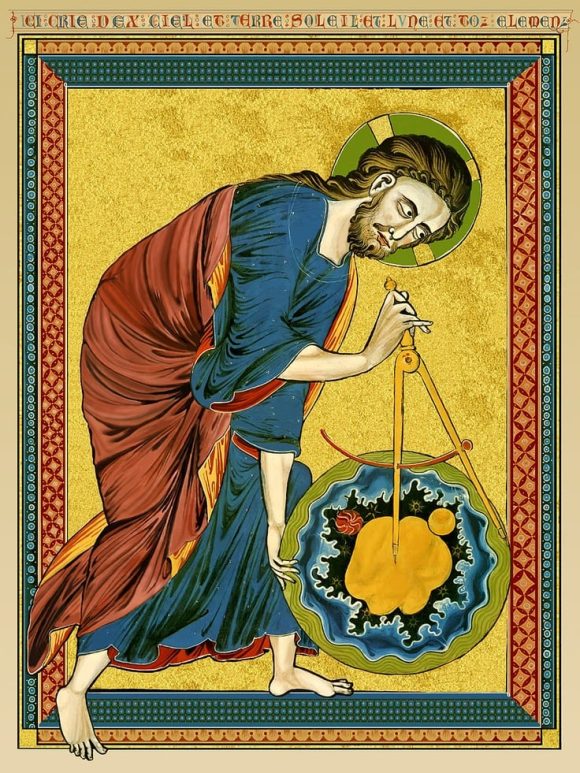
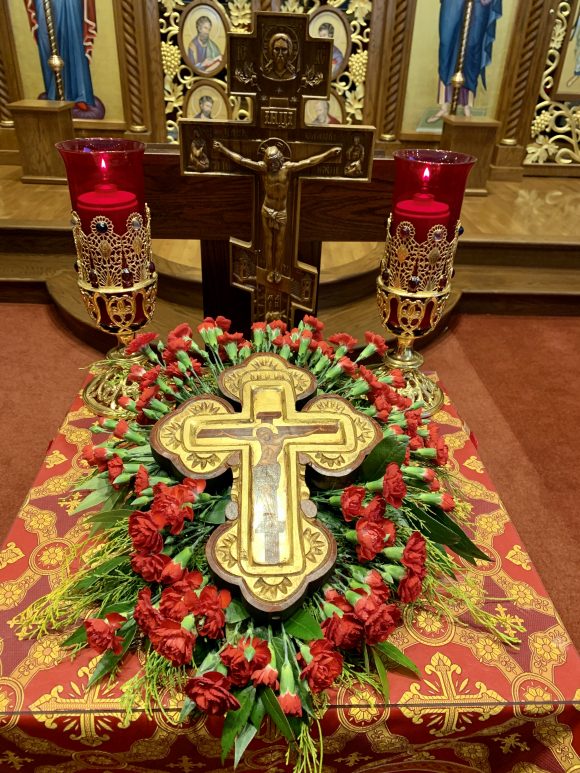
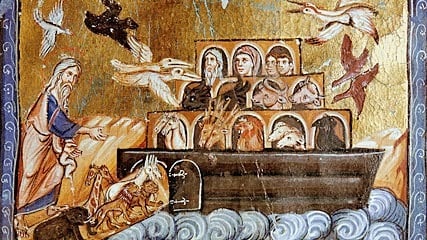
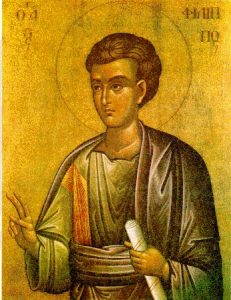 The original title of this Sunday was the Sunday of the Prophets.
The original title of this Sunday was the Sunday of the Prophets.